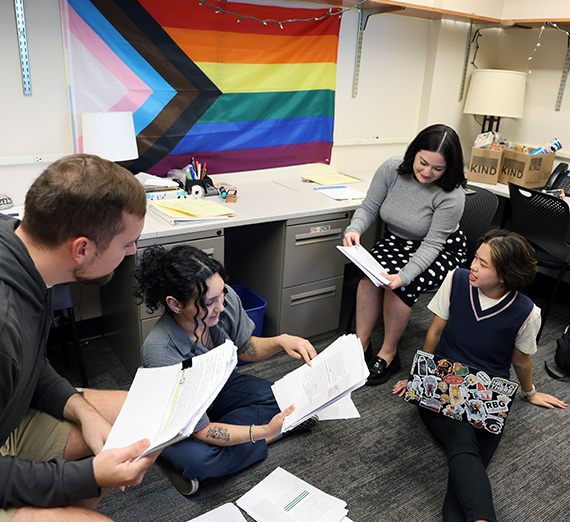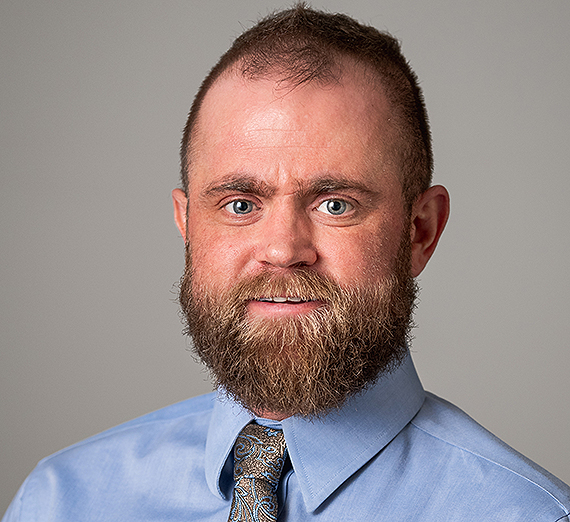Alliance for Equal Representation in Medicine Helps Demystify Medical School Interview Process
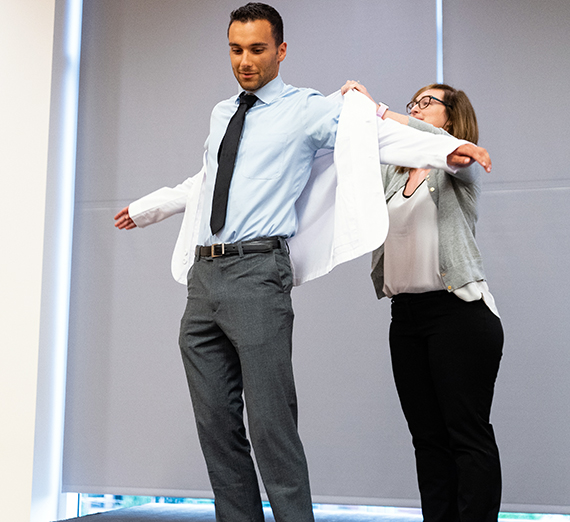
The University of Washington School of Medicine student-led group stages mock interviews and offers mentorship for underserved or underrepresented applicants who've been invited to interview at the school.
Ali Hakkani wasn't sure what to expect when he received word that he'd been invited to interview at the University of Washington School of Medicine (UWSOM). He'd applied to several schools, but UW was his first choice.
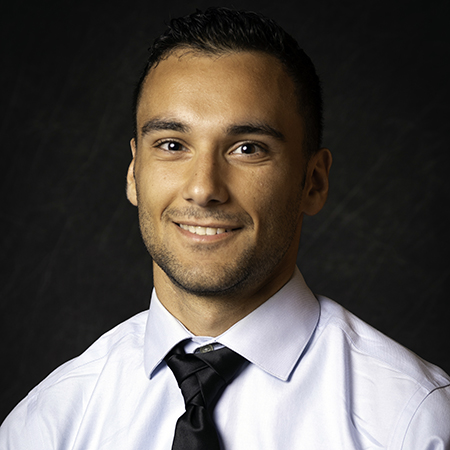
"A UW medical student with the Alliance for Equal Representation in Medicine (AFERM) reached out to me," Hakkani said. "They set up a mock interview and helped me see any mistakes I might have made in other interviews. It was really nice to have someone who'd just been through the process give me pointers. I think it made my interview better."
Indeed, his interview went very well. Hakkani recently finished his first year of medical school in Spokane. Now he and fellow student Kika Kaui co-lead the AFERM program for the UW School of Medicine-Gonzaga University Regional Health Partnership.
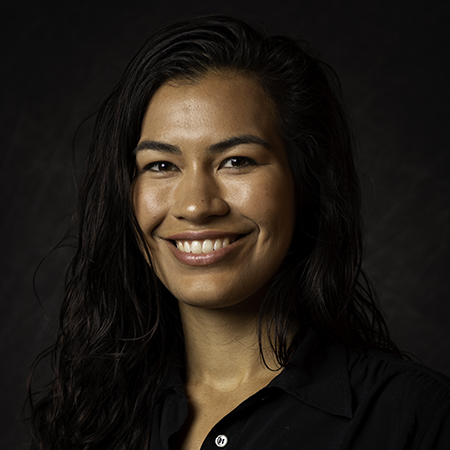
Kaui appreciated the assistance she'd received from AFERM.
"My mock interview was close to my actual medical school interview, so it was really helpful," she said.
Like Hakkani, she wanted to give back to potential UWSOM students.
"It was a no-brainer for me to get involved," Kaui said. "One of the reasons I wanted to go into medicine was to encourage other underrepresented people to pursue medical careers."
Hakkani, too, is passionate about helping to diversify the medical field.
"I'm part Middle Eastern, Italian, and Ethiopian," he said. "Historically in the U.S. our general population isn't reflected in our healthcare population. Healthcare providers who haven't had your same experiences or background may not understand your social limitations or cultural history."
Improving diversity in medicine can be as basic as speaking the same language.
Hakkani said studies have shown that patients who speak English as a second language have improved outcomes when a provider can communicate with them in their preferred language.
The AFERM program reaches out to prospective UW medical students who've reached the interview phase in their application process. Current students offer to help applying students prepare for their interviews and mentor them along the way.
Janelle Clauser, M.D., clinical associate professor at the UW medical school in Spokane, serves as the group's faculty advisor.
"We're not giving away any secrets," she said. "We're simply demystifying the process and helping them navigate it."
During this school year, the UW Spokane AFERM group facilitated 15 mock interviews.
"Ali and Kika do everything on their own," said Clauser. "They train their peers and schedule the interviews. I'm just amazed by them. Here they are in med school, yet they still find time to help those coming behind them."
But Hakkani and Kaui quickly point out that they couldn't do the interviews without the help of their fellow medical school students.
At UWSOM applicants are interviewed by a three-person panel and the mock interviews replicate that process.
"We never had a day when our classmates weren't willing to help us," Kaui said. "I got to engage with the UW medical school community. and it was a good reminder of the incredible people we're surrounded with."
Just like the real UW interviews, the mock interviews conclude with a timed five-minute patient scenario, which can be especially intimidating to applying students.
"The scenarios basically test the applicant's communication skills," said Hakkani. "They're more about ethical questions and not so much about medical problems."
Running through a scenario prior to the official interview is helpful.
Kaui laughed.
"Nobody likes those five-minutes," she said.
At the conclusion of the mock interview, the three-student panel allows plenty of time to answer questions from the applicants. Kaui and Hakkani also followed up with this year's participants via an email survey.
"Of those who responded, 11 were accepted to UW, and three of those were accepted to multiple schools," said Hakkani.
The co-leaders were delighted by the positive feedback they received.
"AFERM is one way to make the hurdles and obstacles of applying to medical school less intimidating to underrepresented students," said Kaui.
Hakkani agreed.
"This is just a small way that Kiki and I, along with our classmates, can help prospective students," he said. "It's very gratifying."
- Academics
- Diversity & Inclusion
- University Advancement
- Academic Vice President
- News Center



